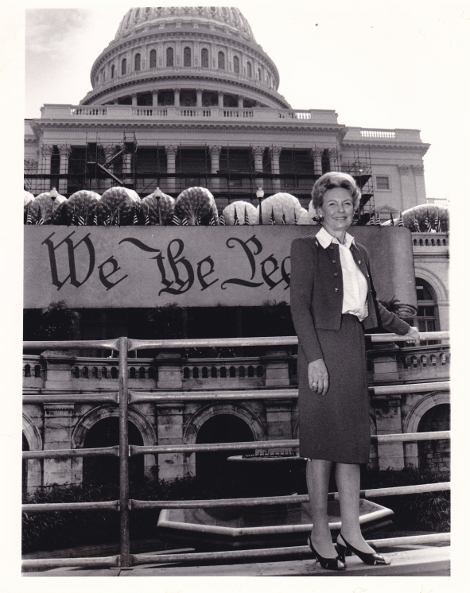Phyllis Schlafly’s economic philosophy remains a guiding beacon for conservative thought, emphasizing the transformative power of free markets and the dangers of excessive government interference. For Phyllis, the principles of a free economy were not just ideological; they were grounded in real-world results. Her writings remind us that free markets, anchored in secure property rights and an unrestrained price system, foster prosperity and innovation for all.
In a 1973 commentary, Phyllis succinctly identified the root cause of economic dysfunction: “The principal cause of most economic problems is Government interference.” She argued that allowing markets to operate without excessive bureaucratic constraints yields the most efficient allocation of resources, ensuring broad benefits. Phyllis extended this principle to macroeconomic policy, emphasizing the importance of reducing taxes and empowering private investors. Her 1975 column, Investment Capital, stressed that the path to full employment, increased productivity, and a rising standard of living lay in restoring incentives for investment—not in government meddling.
Phyllis’s skepticism of socialism was equally prescient. She celebrated competition as the engine of human ingenuity, asserting that “there is no ceiling to man’s resourcefulness – so long as it’s allowed to flourish in a climate of freedom.” Socialism stifles innovation and erodes economic dynamism. We see this in the stagnation of socialist regimes compared to the vitality of free-market economies.
Phyllis’s unwavering support for free enterprise wasn’t about enriching elites; it was about empowering families and middle-class Americans. By fostering growth and opportunity, a robust market economy provides the stability families need to thrive. Her clear-eyed understanding of economics as a tool for human flourishing rather than a playground for political experiments underscores her enduring relevance in today’s economic debates.






